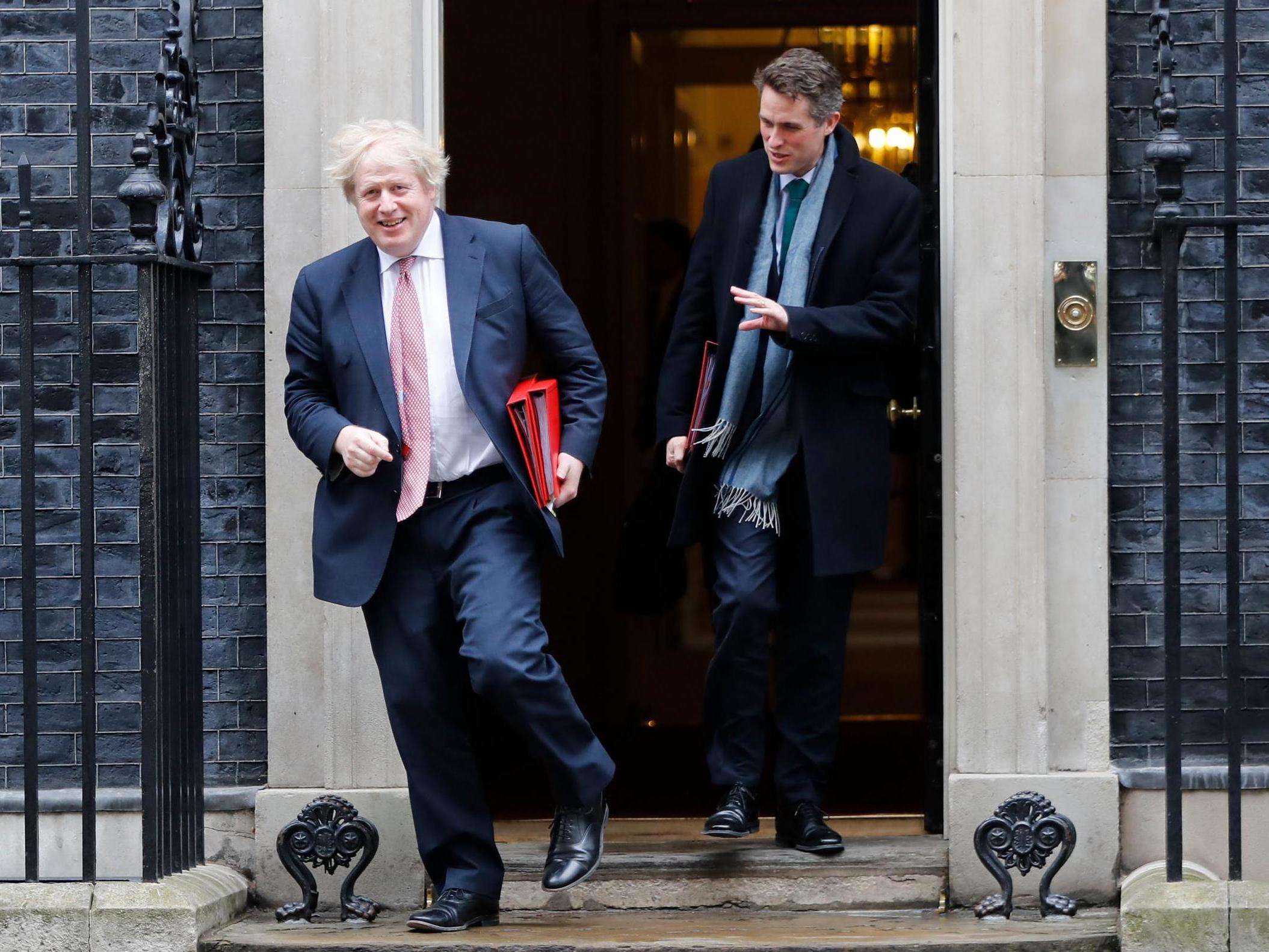What does it take for a ministerial resignation to be accepted these days?
Gavin Williamson’s U-turn on exams means he has ended up with the policy that the opposition were calling for, which leaves them only with the charge of incompetence – which is bad but not necessarily a sacking offence, writes John Rentoul

Now we know that Gavin Williamson offered to resign, the question shifts from the education secretary’s sense of responsibility to the prime minister’s. Why didn’t Boris Johnson gratefully accept the offer?
Part of the explanation, I think, is jaw-jutting stubbornness. Johnson and the team around him, particularly Dominic Cummings, his chief adviser, believe that they should not be pushed around by a media hoo-ha. When Cummings himself was under pressure to quit, over his flexible interpretation of the lockdown rules, Johnson told his inner circle that he was not going to allow journalists to decide who would work for him.
In a sense, he has been vindicated by the opinion polls. The furore over Cummings’s Durham trip did not shift public opinion as much as I thought it would – although I maintain that it has done lasting damage to Johnson’s reputation, and to his authority whenever he has to ask the nation to make sacrifices.
Subscribe to Independent Premium to bookmark this article
Want to bookmark your favourite articles and stories to read or reference later? Start your Independent Premium subscription today.
Join our commenting forum
Join thought-provoking conversations, follow other Independent readers and see their replies